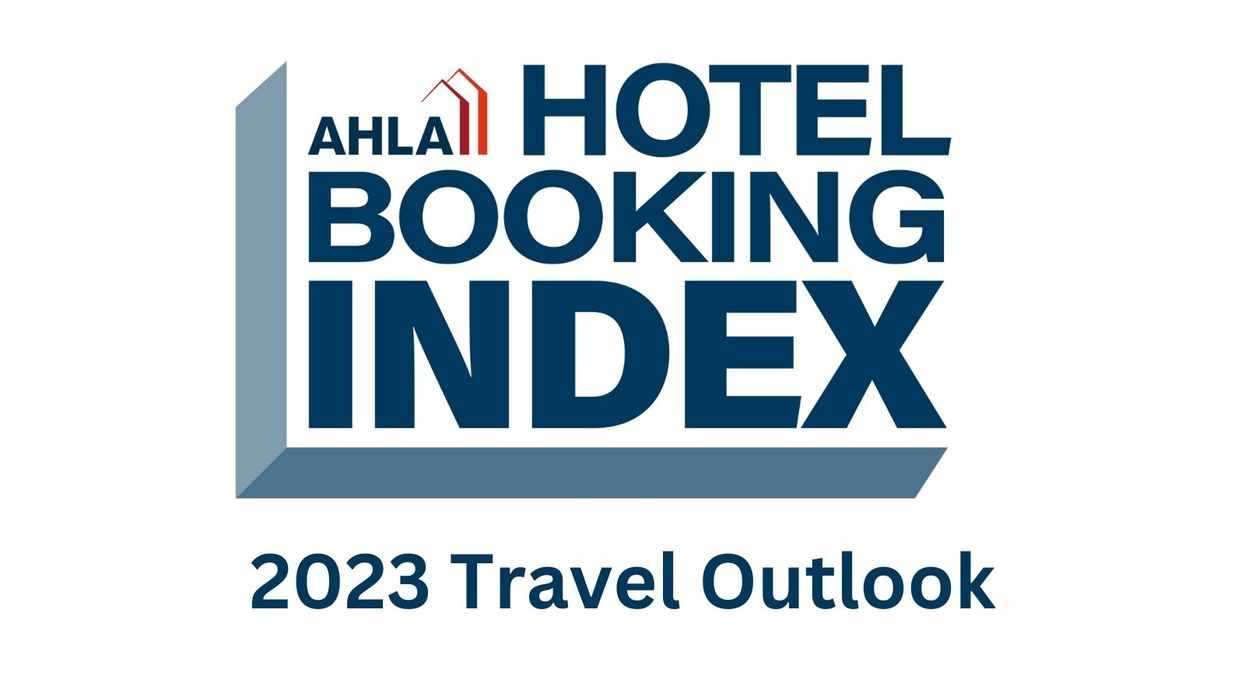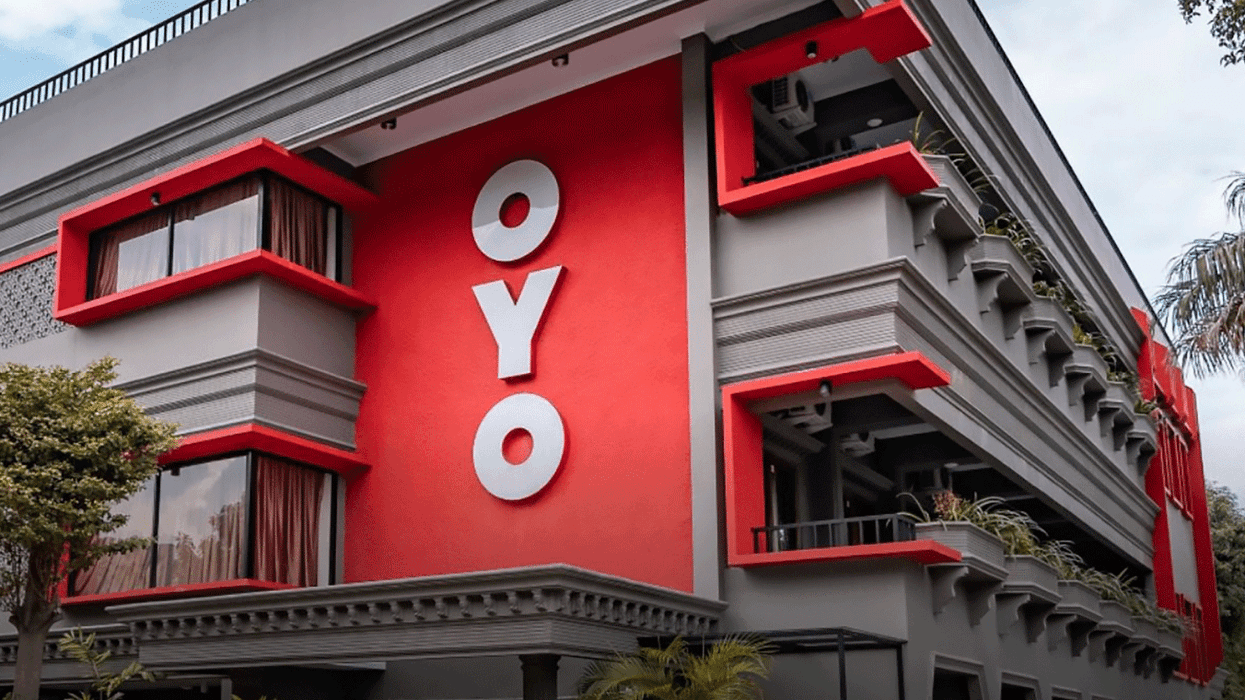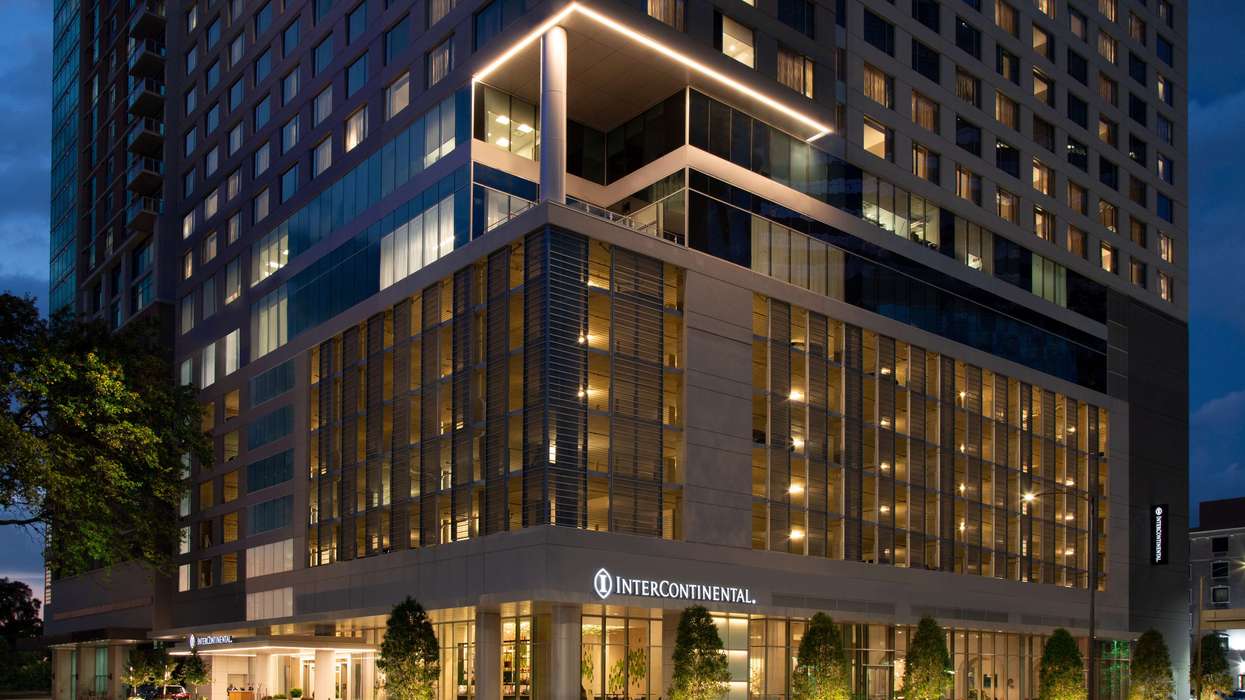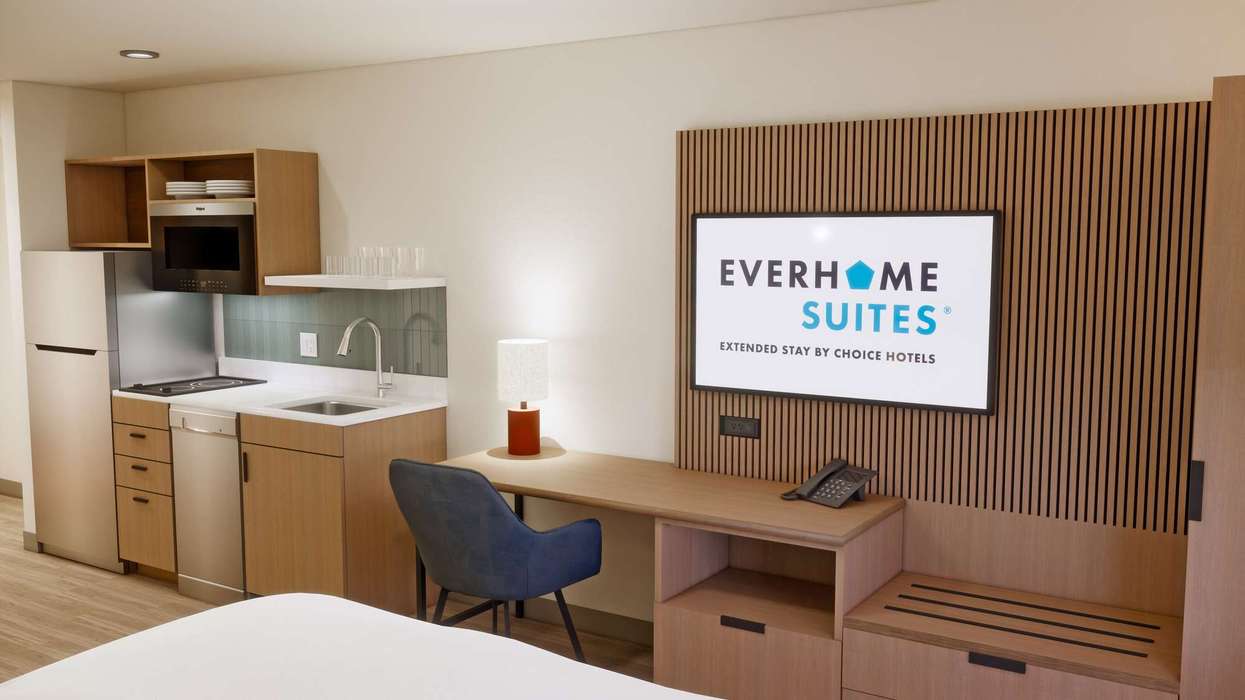AS MANY AS 60 percent of Americans are likely to stay in hotels this year, more than last year, according to two surveys commissioned by the American Hotel & Lodging Association. The survey findings apply to business and leisure travelers, with most saying they are travelling as much as or more than they did pre-pandemic.
Hotels are the top lodging choice among travelers for business and leisure in the next three months, the new national Hotel Booking Index survey research commissioned by AHLA and conducted by Morning Consult has revealed. According to the surveys, conducted on Dec. 16 to 19 and Dec. 28 to Jan. 2, 52 percent of adults would choose to stay in hotels in the next three months, while 76 percent of potential business travelers would be most likely to stay in a hotel during the same period.
Besides, business travelers indicate that nearly 70 percent of their employers have either returned to the pre-pandemic normal or increased amounts of business travel.
The survey said that 51 percent of business travelers said that share of employees expected or encouraged to travel for work is now the same as before the pandemic, while another 20 percent said it’s more than before. About 53 percent of business travelers said that the average length of business trips is now the same as before the pandemic, while another 20 percent said it’s more than before.
As many as 52 percent of respondents said that the amount of business trips expected or supported by their employer is now the same as before the pandemic and 20 percent said that it has increased. The same percentage of business travelers said that the amount of spending their employer will cover on business trips is now the same as before the pandemic, while another 18 percent revealed that it’s more than before.
“With Americans planning for more hotel stays this year and business travel moving in the right direction, AHLA’s Hotel Booking Index is a cause for optimism among hoteliers,” said Chip Rogers, AHLA president & CEO. “This positive momentum is great news for the hotel industry as well as its employees, who are enjoying more career opportunities, upward mobility and flexibility than ever before.”
Other key findings
- Hotels are the top lodging choice for those planning to travel overnight for the upcoming holidays Martin Luther King Jr. Day (47 percent), Valentine’s Day (54 percent), and President’s Day (42 percent)
- 48 percent of business travelers have extended a business trip in the last year for leisure purposes, and 84 percent of business travelers are interested in bleisure
- 60 percent of adults are likely to take more vacation/leisure trips in 2023 compared to 2022
- 45 percent of business travelers are likely to take more business trips in 2023 than last year
Based on the survey results, AHLA’s Hotel Booking Index (HBI) for the next three months is 7.1, or very good. The HBI is a composite score gauging the short-term outlook for the hotel industry.
AHLA recently launched Responsible Stay, an industry initiative to make meetings, events and guest experiences in U.S. hotels more environmentally and socially responsible.





